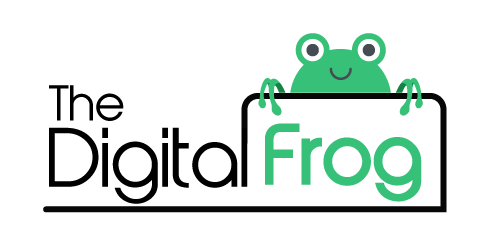In the case of a business that doesn’t need lead generation, generating leads doesn’t make sense, right? So when does a business not need lead generation? Lead generation does not apply to businesses that sell simple consumer goods which are low priced.
When consumers need not go through a tough decision-making process to buy something, and when they do not need a lot of time to decide, generating leads is pointless. The following are a few examples of low-priced consumer goods:
- Candy
- Soap
- Pen
- Cookies
- Body spray
These FMCG (Fast-moving consumer goods) products are simple, low priced, and attract a lot of repeat buyers. Companies that sell FMCG products do not need lead generation. Imagine how difficult it would be if you had to generate leads for someone who is interested in a bar of soap, have a salesperson call them and convince them to buy the soap and close the deal. It is not practical because the amount of profit that you make from the sale of the soap is not enough to pay for the sales person’s time and you would end up making losses with the sales process. It is also not required because the decision-making process for buying soap is simple. Only when a product or service is complex and has a lot of questions to be answered about it, a salesperson needs to be involved. Many FMCG products are simple products and decision making is usually impulsive. In such cases, brands will engage in marketing activities to raise brand awareness about the brand and get a strong market positioning within the market that they are operating in. For example, Gillette is a good brand for men’s razor blades and they have a strong market position as the leader when it comes to razor blades. They do not generate any leads for the sales of their products. They just advertise and build brand awareness. Can you think of all the products and services that do not require lead generation?

